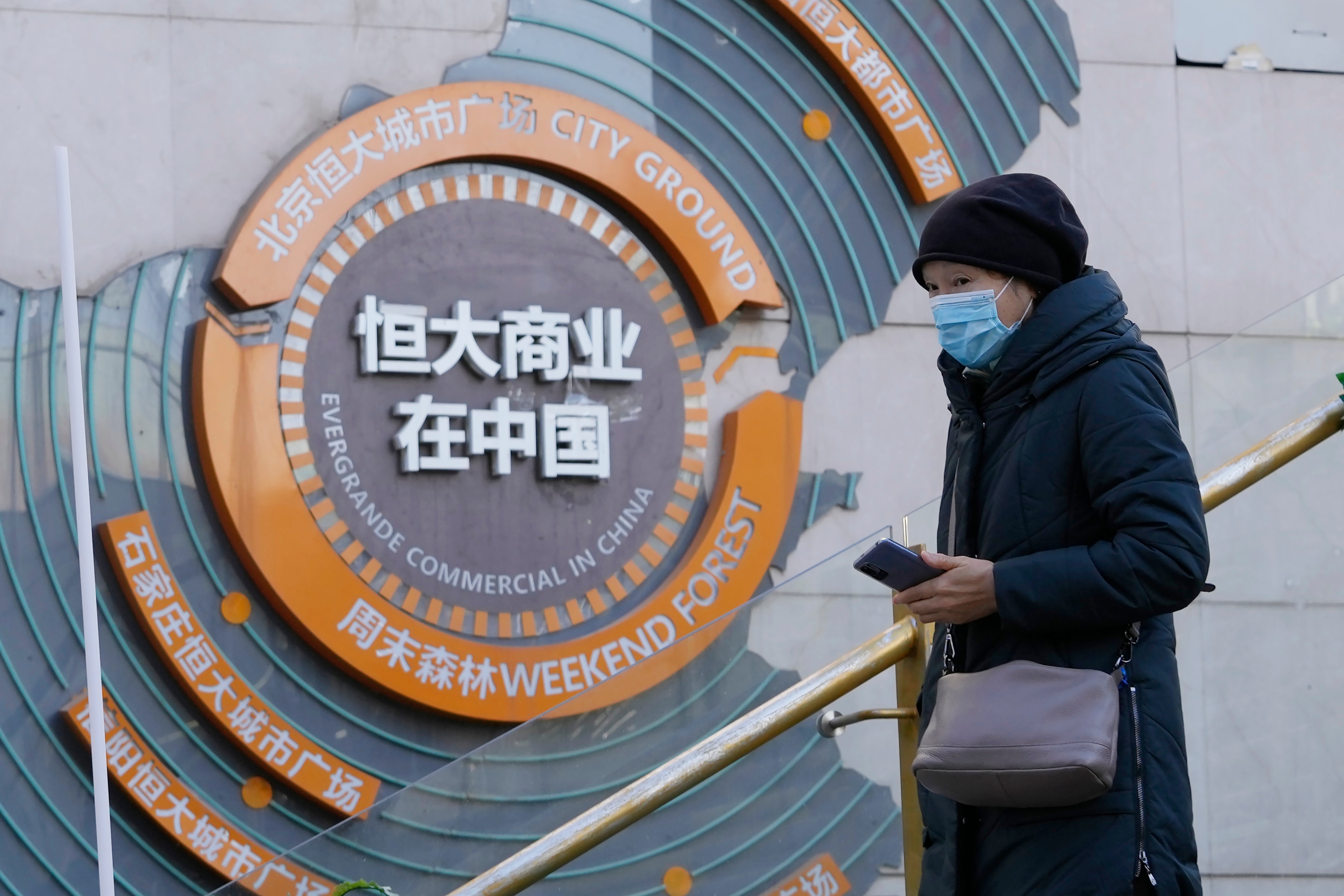Chinese central banker says market can handle developer debt
China's central bank governor says financial markets can cope with the impact of a real estate developer that is struggling to avoid defaulting on $310 billion in debt

Financial markets can cope with the impact of a Chinese real estate developer that is struggling to avoid defaulting on $310 billion in debt, the central bank governor said Thursday, in a new effort to assure the public the economy can be shielded from fallout.
Yi Gang’s comments by video to a seminar in Hong Kong added to indications Beijing has no plans to bail out Evergrande Group. Fears of a default have rattled financial markets, but economists say the ruling Communist Party wants to avoid sending the wrong signal at a time when it is trying to force companies to cut high debt burdens.
“The short-term risks of individual real estate companies will not affect the normal financing function of the medium- and long-term market,” Yi said, according to Chinese news outlets.
“Evergrande’s hazard is a market event that will be properly handled in accordance with market principles and law,” Yi said. Investors' interests "will be protected in accordance with the law.”
Default is all but certain after Evergrande, the global real estate industry’s most-indebted company, warned Friday it might run out of cash. The company says it has 2.3 trillion yuan ($350 billion) of assets but it is struggling to sell them fast enough to pay its debts.
Beijing can keep lending markets functioning if Evergrande defaults, and local officials can mobilize to contain turmoil in real estate markets, economists say. The central bank released 1.2 trillion yuan ($190 billion) from bank reserves for additional lending on Monday.
Evergrande and its creditors have yet to confirm news reports the company failed to make a payment due this week on a U.S.-dollar-denominated bond sold abroad.
Evergrande, headquartered in the southern city of Shenzhen, is the biggest company caught in a campaign launched by Beijing last year to force developers to reduce soaring debt that is seen as a threat to economic stability. Smaller developers have gone bankrupt, missed debt payments or warned they might default.
Total Chinese corporate, government and household debt has risen to about 300% of annual economic output from 270% in 2018, unusually high for a middle-income country.
Another developer, Kaisa Group Holdings Ltd., warned it might fail to pay off a $400 million bond due Tuesday. The company has yet to confirm news reports that it missed the payment, but Fitch Ratings on Thursday cut Kaisa’s credit rating to “restricted default” while it waited for confirmation.
The slowdown in real estate sales and construction caused by the debt campaign helped to depress China’s economic growth an unexpectedly low 4.9% over a year earlier in the three months ending in September. Forecasters expect growth to decelerate further if the financing curbs stay in place.